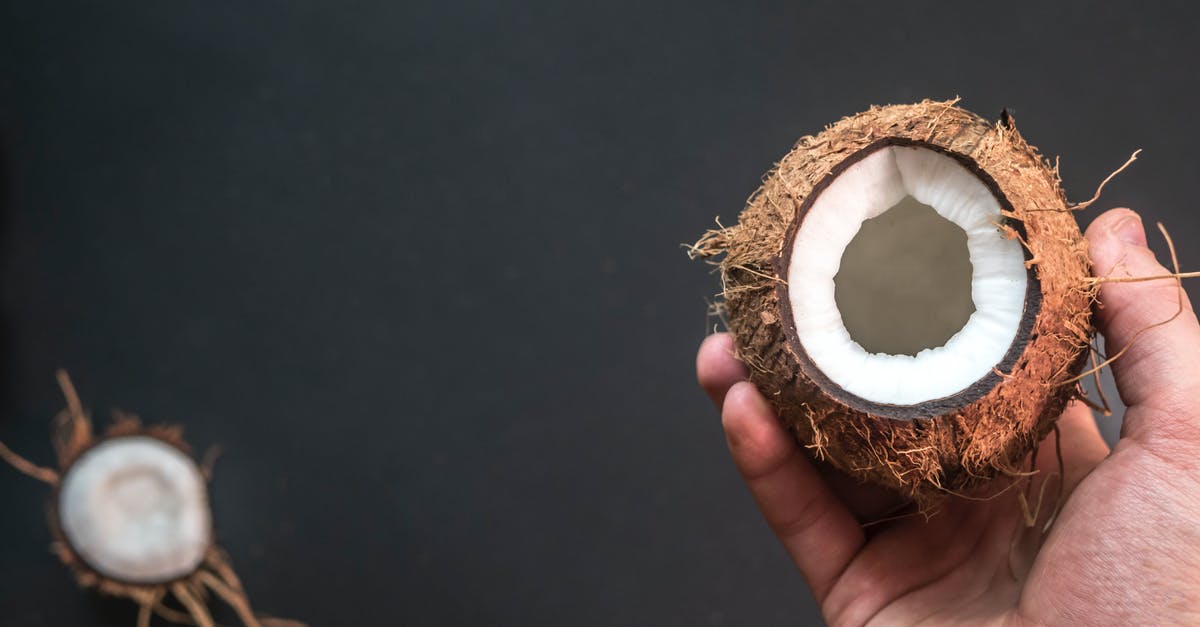Oversalted and too matured kimchi (like sauerkraut)?

I made kimchi more than a year and a half ago. Because I live in Europe, I know and I often eat sauerkraut (fermented sour cabbage). When I made the kimchi, I committed a big mistake. I added too much salt. The final result was inevitably salty. So I went the same way as when sauerkraut was prepared.
I dropped the kimchi into a fermenting barrel, I stamped it with stone and hermetically sealed. I let it 20-25 C° warm place until the fermentation started (it started very slow because too much salt). Then I took it to a cooler place and I let it for 5-6 months. After then I tried to taste it. The kimchi doesn’t rotten, just turned like sauerkraut, but it was too salt yet. Due to the extremely high salt content fermentation was very difficult.
Then I put it the refrigerator and I let it more 4 moths. After I made another portion of kimchi but I was very cautious with the salt.
For the previous one, it was a mistake to put cabbage with very large amounts of salt, pushing it with weight and leaving for a night. The cabbage made a lot of juice and swallowed the salt almost completely. I could not wash the salt out of it. And I added extra salt to it. (Don't know why.)
Next time I used less of salt and I left it for less time in the salt. The old salty Kimchi was still in the fridge, so I found out to mix the old with the new one.
After that, I put it back in the barrel and waited for a few days until fermentation started. Salinity just started to ease but didn’t disappear completely.
Afterwards, I was put back into the refrigerator again for 5 months. After 5 months, the salinity almost disappeared. But the whole thing was very sour. the taste has changed, it tastes like very spicy sauerkraut. (But it didn’t rotten.)
Has anyone been here like this? Added too much salt and fermented the kimchi too matured? What should I do with it? Can I use it for some of dishes which requies matured kimchi?
(I struggled a lot with it, so I do not want to throw it away.)
Best Answer
I have quite a bit of experience making homemade kimchee.
There are two distinct stages, for me, where salt is used. The first is the initial salting/wilting phase. The cabbage leaves are heavily salted and left to sit, some recipes call for pressing under weight, others do not.
Then there is the "stuffing" that flavors the kimchee - chives, scallion, garlic, salted shrimps (if you use them), hot pepper powder, etc, along with..... some salt.
Before the cabbage is stuffed with or mixed with the "stuffing," there is another step.
The cabbage gets pressed to get excess water out, then thoroughly rinsed to get all that salt off, and drained of excess water. THEN the stuffing goes in and the kimchee is allowed to ferment/pickle.
I suspect that you aren't rinsing away the original salt you use to draw the moisture out from the cabbage and jump-start the pickling process.
So.... now you have well-aged kimchee that is a lot more sour than the normal "eating" kimchee. What to do?
One fantastic dish that requires over-soured kimchee is the kimchee stew, aka Kimchee Chigae. Traditional recipes call are made with kimchee, scallion, sesame oil, tofu, and pork belly. Since Koreans have a particular passion for Spam, my mom always made it for us with spam instead of pork belly. If you're worried about the salt level, you can give it a little bit of a rinse, since the hot and the sour is what's needed for the stew.
If the kimchee is particularly salty, then you would not want to substitute Spam for unsmoked, uncured pork belly. You might also want to hold off adding soy sauce until the end (recipes usually call for a little bit) and reduce the amount or use a low-sodium variety (never, ever thought I'd recommend that), after tasting it. I always eat the stew mixed with a lot of rice, so a little bit strong or salty is not a major issue.
Just Google "kimchee chigae recipe." Also, I'd strongly advise cooking outdoors or at least in a well-ventilated kitchen. Simmering a kimchee stew is obviously going to come with a certain amount of odor.
Pictures about "Oversalted and too matured kimchi (like sauerkraut)?"



How do you fix oversalted kimchi?
Bulk up your kimchi You can fix your Kimchi that's too salty by simply adding more of the other ingredients. By adding more carrots, cucumbers, peppers, radishes, daikon, cucumber or red pepper you can increase the mass of your kimchi, thus lowering the salt concentration.Is kimchi basically sauerkraut?
While both kimchi and sauerkraut are made with cabbage, each uses a different variety \u2014 and that makes a big difference. Chowhound states that sauerkraut uses green or red cabbage, while kimchi uses Napa, along with a slew of other vegetables like radishes and scallions.How is kimchi different than sauerkraut?
Taste: Sauerkraut has a tangy, acidic taste, whereas kimchi tastes salty, possibly even spicy. The signature kimchi taste is sometimes called umami (translated to mean savoriness). Kimchi can vary in taste due to the exact vegetables you use to make it, while sauerkraut always tastes like fermented cabbage.What does spoiled kimchi taste like?
Kept at room temperature, kimchi lasts 1 week after opening. In the refrigerator, it stays fresh much longer \u2014 about 3\u20136 months \u2014 and continues to ferment, which may lead to a sourer taste.My FAVORITE KIMCHI Recipe -- A Small Batch DIY | FERMENTED
More answers regarding oversalted and too matured kimchi (like sauerkraut)?
Answer 2
There are so many "recipes" for kimchi. My style is mak kimchi, where the napa cabbage is sliced into ~1" squares. The way I learned: salt the cabbage, let it set for at least 2 hours or even overnight, then rinse the cabbage three times, changing the water each time. If you taste the wilted cabbage at this point, it is vaguely salty. Next, I add the rest of the ingredients. If I add fish sauce, I use a small amount to avoid too much saltiness. Then, I pack the crock. I ferment at room temperature for about a week, or until the bubbles slow down, and then ferment for a month or more in a refrigerator. I liked the low amount of salt in my kimchi, so I started rinsing my sauerkraut before packing it in the crock, and I like it much better with low salt. I only ferment in the winter, when the house temperature is below 70 degrees F. I use an airlock on my crock. I think you can make adjustments for the next batches based on your experience this time. If you follow the basic idea, it is okay to modify the recipe.
Sources: Stack Exchange - This article follows the attribution requirements of Stack Exchange and is licensed under CC BY-SA 3.0.
Images: SenuScape, Mike, SenuScape, Alex Green
